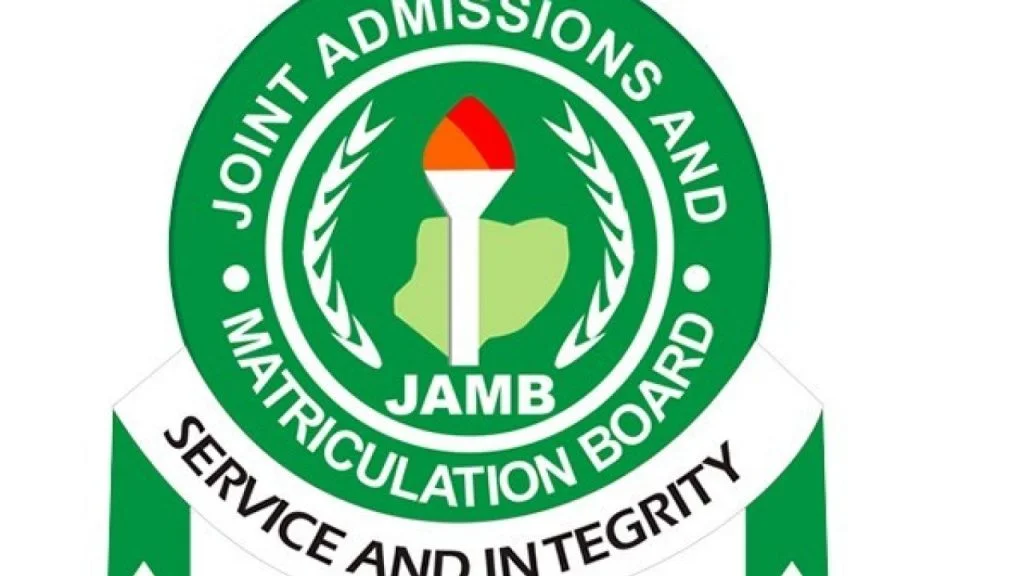EDUCATION
Minister Yields to Pressure, Lowers Minimum Admission Age to 16 Years Following Backlash

Tahir Mamman, Minister of Education, has lowered the minimum age for admissions into tertiary institutions for 2024 from 18 to 16 years. This decision follows backlash from stakeholders at the ongoing Joint Admissions and Matriculation Board (JAMB) policy meeting.
Stakeholders argued that setting the minimum age at 18 is too high and came at an inopportune time, as candidates below 18 had already taken the exams. Vice Chancellors and Rectors also opposed the age enforcement, stating it would force students below 18 to stay at home for an additional two to three years, since they were not previously informed of their ineligibility. In response, Mamman acknowledged the validity of these concerns and reduced the minimum age to 16, but clarified that this adjustment applies only for the 2024 admissions cycle; the minimum age will revert to 18 in subsequent years.
Following stakeholders’ recommendations, JAMB set the minimum tolerance score for university admissions at 140, and the minimum score for polytechnics and colleges of education at 100. Ishaq Oloyede, JAMB’s Registrar, emphasized that these are minimum tolerance scores, not cut-off marks, to avoid confusion among candidates.
Despite the temporary adjustment, Mamman reiterated the ministry’s stance on banning candidates under 18 from seeking admission into Nigerian tertiary institutions. He reaffirmed this position at the policy meeting, stating, “JAMB is hereby notified that there is now a ban on underage students, those under the age of 18, from our tertiary institutions starting from the 2024 admissions.” Furthermore, Mamman revealed that the federal government is considering adopting 18 years as the standard entry age for universities and other tertiary institutions.
In April, the Minister of Education announced that the federal government would consider adopting 18 years as the minimum age for entry into tertiary institutions. The Senate Committee on Tertiary Institutions and Tetfund supported this decision. On April 23, Muntari Dandutse, the committee chairman, reaffirmed this stance during a visit to monitor the ongoing Unified Tertiary Matriculation Examination (UTME) in Abuja, citing the need to maintain educational standards and ensure students are prepared for university-level work.
Dandutse praised JAMB for the smooth conduct of the exams and expressed the government’s commitment to improving the educational system. He advised candidates to stay focused and avoid any malpractice during the examination. Sunday Karimi, a committee member representing Kogi West, stated that the Senate would support any policy aimed at enhancing the education sector, even if it requires revising existing laws to ensure they are robust.
FOLLOW US












![Top Nigeria Newspaper Headlines Today 25th June 2024 [Tuesday] 87 Nigeria Newspaper Headlines](https://nigerianews247.com/wp-content/uploads/2024/04/Nigeria-Newspaper-Headlines-80x80.png)

![[VIDEO] Tinubu Stumbles while Boarding Presidential Parade Vehicle at Eagles Square 90 Tinubu Stumbles while Boarding Presidential Parade Vehicle at Eagles Square](https://nigerianews247.com/wp-content/uploads/2024/06/Tinubu-Stumbles-while-Boarding-Presidential-Parade-Vehicle-at-Eagles-Square-80x80.jpeg)


You must be logged in to post a comment Login